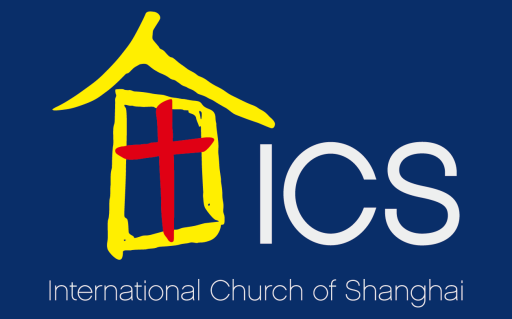Ezekiel 22:29-31 (NKJV) The people of the land have used oppressions, committed robbery, and mistreated the poor and needy; and they wrongfully oppress the stranger. So I sought for a man among them who would make a wall, and stand in the gap before Me on behalf of the land, that I should not destroy it; but I found no one. Therefore I have poured out My indignation on them; I have consumed them with the fire of My wrath; and I have recompensed their deeds on their own heads,” says the Lord God.
Sometimes, we forget that while God is merciful, because He is also holy, righteous, and just, He does not tolerate sin, which us why He must judge sin and rebelliousness. Because the people in the opening passage were evil and far away from God, God commanded Ezekiel to prophesy against the sin of Jerusalem declaring that He had no choice but to judge the land.
However, because He loves us and longs to show us mercy, He sought for a man to stand in the gap on behalf of Jerusalem—someone to stand between Him and the people of the land to plead on behalf of the people, which would cause Him to be merciful towards them. Standing in the gap is the metaphor for committed intercession. The intercessor’s role is to try and repair the gaps or breaches in a wall.
Genesis 18:27-28 (NKJV) Then Abraham answered and said, “Indeed now, I who am but dust and ashes have taken it upon myself to speak to the Lord: Suppose there were five less than the fifty righteous; would You destroy all of the city for lack of five?” So He said, “If I find there forty-five, I will not destroy it.”
The above passage shows us that Abraham chose to stand in the gap by reasoning with God before He judged the city of Sodom. Abraham was asking for the mercy of God to be shown to Sodom even if there were just a handful of righteous people in there. Just like Abraham did, someone must stand between God and the people, the cities, or the nations today. While God is gracious and merciful, He cannot go against His attributes. Therefore, He is constantly looking for people to stand in the gap to intercede, or else the devil would be able to accuse Him of being unjust or violating His attributes and God would not allow that to happen. Therefore, He must look for people who are willing to stand in the gap both in the Old Testament and now.
Sermon Series: Partnering God in Prayer
破损墙垣的修补者
以西结书 22:28-31 其中的先知为百姓用未泡透的灰抹墙,就是为他们见虚假的异象,用谎诈的占卜,说:‘主耶和华如此说’,其实耶和华没有说。国内众民一味地欺压,惯行抢夺,亏负困苦穷乏的,背理欺压寄居的。我在他们中间寻找一人重修墙垣,在我面前为这国站在破口防堵,使我不灭绝这国,却找不着一个。所以我将恼恨倒在他们身上,用烈怒的火灭了他们,照他们所行的报应在他们头上。这是主耶和华说的。
有时我们忘了虽然上帝是有怜悯的神,但由于祂同时也是圣洁、公义和公正的神,祂无法容忍罪,这就是为什么祂必须审判罪与悖逆。因为在开篇经文中的人犯了罪远离了神,神命以西结预言了耶路撒冷的罪,宣告祂在别无选择之下唯有审判这地。
然而因为祂爱我们且渴望施怜悯于我们,祂要寻找一个人代表耶路撒冷站在破口,站在神和这地的人之间代表他们申诉,好叫祂恩待他们。站在破口中比喻的是委身代祷。代祷者的角色是试着修补墙垣的破口。
创世记 18:27-28 亚伯拉罕说:“我虽然是灰尘,还敢对主说话。假若这五十个义人短了五个,你就因为短了五个毁灭全城吗?” 他说:“我在那里若见有四十五个,也不毁灭那城。”
上述经文让我们看到:亚伯拉罕在神要审判所多玛城之前,选择站在破口中与神理论。我们可以看出,亚伯拉罕是在求神施怜悯给这城,即使城里只有少数的义人。正如亚伯拉罕所做的,必须有人站在神与人、与城市或国家之间。虽然神有恩惠,有怜悯,但祂不能违背自己的属性,否则魔鬼就会指责祂不公正或违背了祂的属性,而神不会允许这种事发生。所以无论是在旧约时代还是现在,祂都必须寻找愿意站在破口中的人。
讲章系列:在祷告中与神同工
Image Source: pixabay.com
